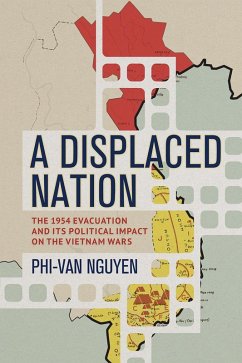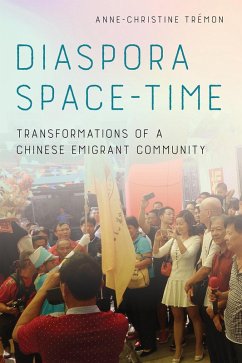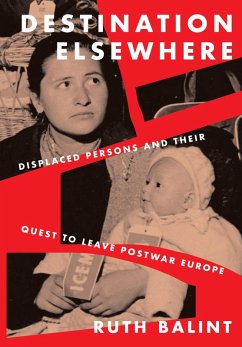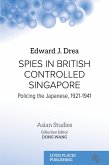In A Displaced Nation, Phi-Van Nguyen argues that the displacement of eighty thousand mostly Roman Catholic evacuees from North Vietnam in 1954 had a profound impact on the war opposing Saigon on both Hanoi and on the evacuees themselves. Assisting with the transportation, emergency relief, and resettlement of the evacuees allowed diverse organizations and the United States to support Saigon. This transnational mobilization also convinced the evacuees the "free world" would never let Vietnam remain divided.
Many people see the Vietnam wars spanning from 1945 to 1989 as separate conflicts. But Nguyen demonstrates that the evacuees experienced a continuous civil war. A Displaced Nation shows the evacuees felt so validated by transnational support that they thought they could use this external help to return one day to the north. This belief was not constant nor were the strategies to achieve it the same for all, but through their political activism and action the evacuees showed they were willing to seize any opportunity to oppose Hanoi during the subsequent decades, even once established overseas.
Many people see the Vietnam wars spanning from 1945 to 1989 as separate conflicts. But Nguyen demonstrates that the evacuees experienced a continuous civil war. A Displaced Nation shows the evacuees felt so validated by transnational support that they thought they could use this external help to return one day to the north. This belief was not constant nor were the strategies to achieve it the same for all, but through their political activism and action the evacuees showed they were willing to seize any opportunity to oppose Hanoi during the subsequent decades, even once established overseas.
Dieser Download kann aus rechtlichen Gründen nur mit Rechnungsadresse in A, D ausgeliefert werden.









